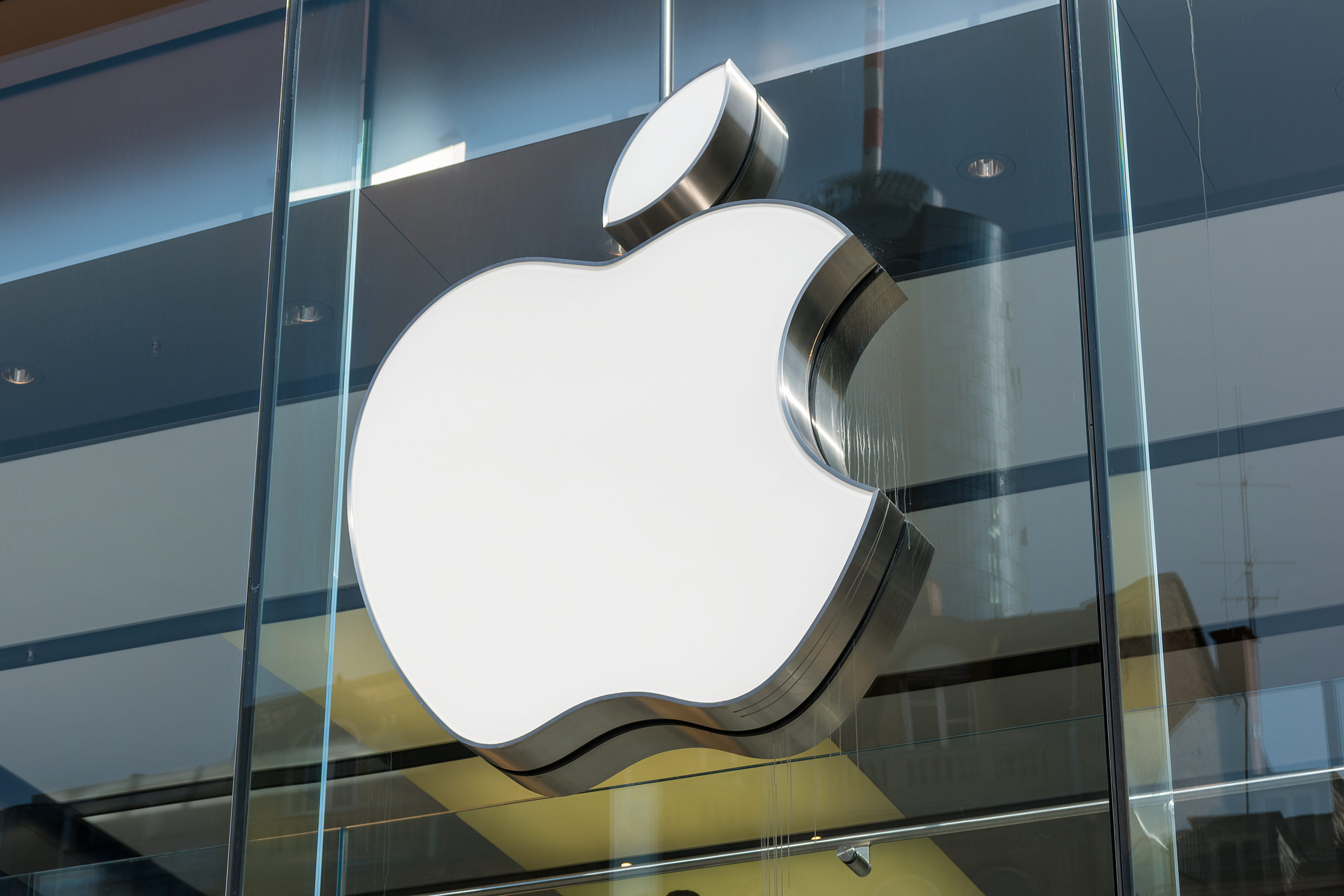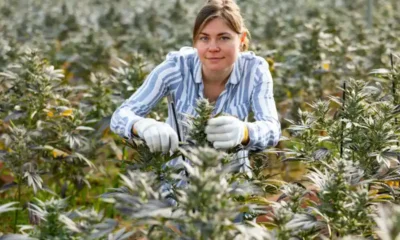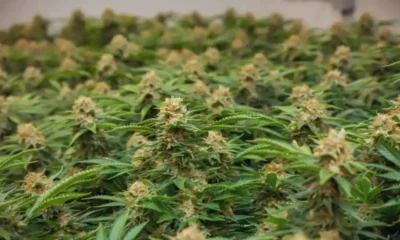Connect with us
Published
3 years agoon

In the spirit of keeping up with the times and the rapid shifts around cannabis across the country, Apple is easing their policy around certain cannabis services and apps hosted in its App Store.
The tech giant previously prohibited cannabis delivery services from being hosted on the App Store, but the policy was updated last month to remove the ban, though not without some restrictions. The cannabis app must be geo-restricted to jurisdictions where cannabis is legal, and the program must also be submitted by the “legal entity that provides the services” as opposed to an individual developer.
The previous policy reads, “Apps that encourage consumption of tobacco and vape products, illegal drugs, or excessive amounts of alcohol are not permitted on the App Store.” It also said apps encouraging minors to consume any of these substances would be rejected, along with any apps facilitating the sale of controlled substances (not including licensed pharmacies), cannabis or tobacco are not allowed.
The new policy was updated June 7 and reads: “Apps that encourage minors to consume any of these substances will be rejected. Facilitating the sale of controlled substances (except for licensed pharmacies and licensed or otherwise legal cannabis dispensaries), or tobacco is not allowed.”
It continues to say any apps providing services in “highly-regulated fields” like banking, healthcare, gambling, and legal cannabis use, or “that require sensitive user information should be submitted by a legal entity that provides the services, and not by an individual developer.” Apple includes another cannabis-specific line in reference to geo-restriction, “Apps that facilitate the legal sale of cannabis must be geo-restricted to the corresponding legal jurisdiction.”
Google conversely has not updated their Google Play Store policy since 2019, which states they do not “allow apps that facilitate the sale of marijuana or marijuana products, regardless of legality.” Prior to this update, the policy had no mention of cannabis.
The policy adds that examples of violations would include “allowing users to order marijuana through an in-app shopping cart feature” or “assisting users in arranging delivery or pick up of marijuana.” It goes on to say that facilitating the sale of products that contain THC, including products like CBD oil containing THC, would be against its policies.
Chris Vaughn, CEO of California delivery service Emjay, told WeedWeek that delivery is “probably the biggest opportunity in cannabis,” and suggested that Apple is picking up on prevailing trends, like the legalization of adult-use cannabis in New York and Amazon’s decision not to test employees. Emjay was already preparing its Apple iOS app before the announcement and has now submitted it for feedback.
Apple’s amendment comes following a storied history of tech and cannabis, with many tech giants faltering on how to update their current policy as cannabis legalization continues to boom across the country.
Facebook boasted their AI technology which is designed to automatically flag images of cannabis, and many cannabis-based businesses have complained about the Facebook-owned Instagram policies that often restrict business owners from marketing their companies. The booming TikTok platform also has strict policies around cannabis: not only is cannabis not allowed to be shown on the app, but many users will also alter words and hashtags associated with cannabis to avoid having their content flagged and/or removed.
Though Google Play’s stance on cannabis remains more restrictive, the company has shown to have a somewhat relaxed attitude around the plant in the past, like a leaked video from 2016, in which Google Co-founder Sergey Brin jokes, although many people were sad about the election results, “there’s another group…that we should also think about, who are very excited about the legalization of pot,” he said, in regard to California’s then-recent cannabis legalization.
“I was asking if we could serve joints outside on the patio, but apparently these things take a little while to take effect. It was a huge, huge disappointment. I’ve been bemoaning that all week, I’ll be honest with you,” Brin said.
Time will tell if Google will follow suit. The Emjay CEO addressed the change in policy, “We had a feeling this was coming,” Vaughn said. “I think Google will follow quickly.”


Congressional Progressive Caucus Says Dems Can Legalize MJ By Winning House, Senate Majorities This November


Cannabis Industry Has 440,000 Full-Time Workers


Federal Register Proposes Adding Fentanyl, Removing MDMA From Drug Testing Panels


Feds File Charges Against Maine Weed Grower After Probe Spanning 20 States


The Cannabis Market Is Booming in Japan


German Authorities to Ban Cannabis Smoking, Vaping at Festivals Including Oktoberfest
